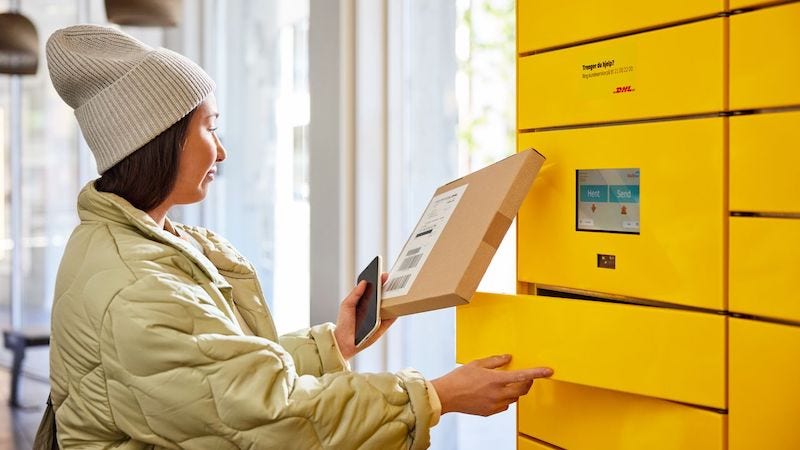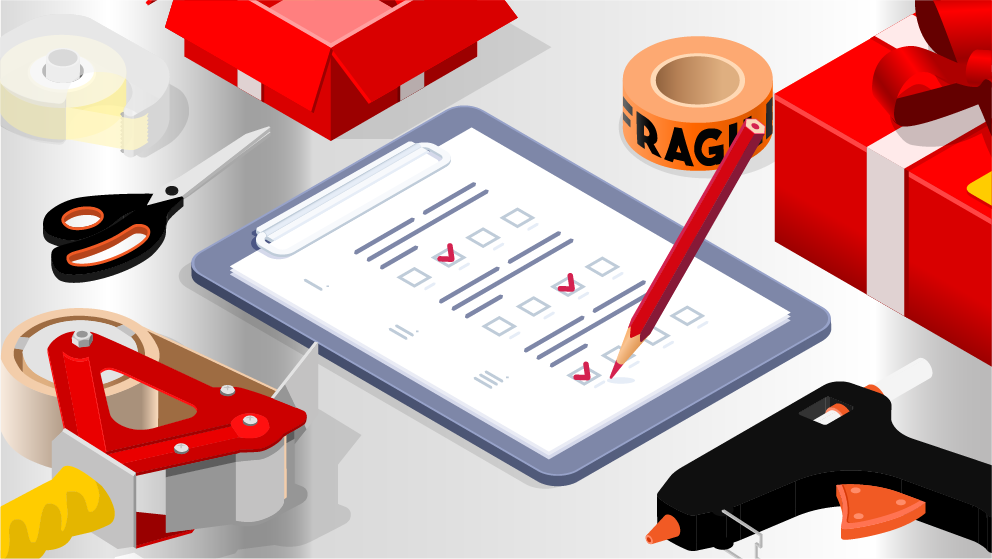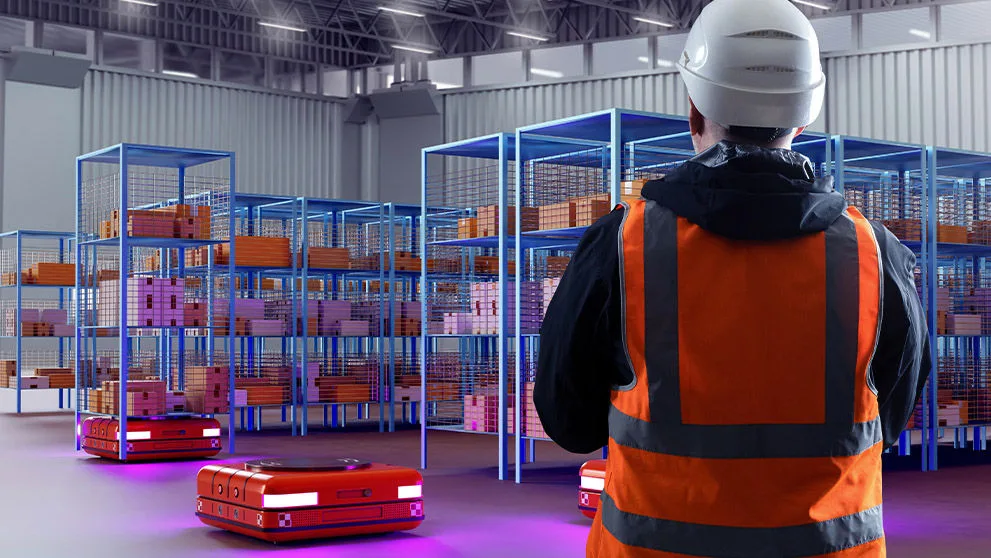
The modern supply chain consists of a network of manufacturers, warehouses, distributors, retailers, and customers. As more stakeholders get involved and supply chain management becomes increasingly complex, there is a pressing need to adopt new technologies to streamline operations and reduce costs. Fortunately, in recent years, blockchain technology has emerged as a game-changing solution in the world of logistics, with the potential to enhance speed, visibility, transparency, and security across the supply chain.
While blockchain technology is well-known for its groundbreaking role in cryptocurrency systems, decentralised finance applications (DeFi), and non-fungible tokens (NFTs), its applications and potential in supply chain operations and logistics management is also vast.
This article discusses what exactly is blockchain technology and how it impacts the future of supply chain management and logistics. We also discuss how DHL Express uses this technology to create prototypes that streamline the supply management chains.
What is blockchain technology?
A blockchain is a digitally distributed database or ledger of information comprising several blocks. These blocks are connected in a distributed network within a decentralised system, with each block holding a set of data in digital format with a fixed capacity.
When a block is filled, it is closed and linked to the previous block within the network. New information is added to a new block and connected back to the previous block in the chain.
In a blockchain, all users – as opposed to just one – have control over the blocks, creating visibility and transparency. Data keyed into a node also cannot be changed, making it an irreversible process. This creates more transparency and security as all transactions are recorded. Anyone may view them but no one is allowed to edit them.
As the adoption of blockchain technology grows, it is likely to have a major impact on the logistics industry.
Blockchain technology in logistics
One of the biggest challenge that businesses face today is the lack of real-time visibility of the supply chain. This means that they do not have accurate information about where their products are at any given moment. As a result, companies are unable to make informed decisions about where to allocate resources or how to respond to delays and disruptions.
While the current system makes it difficult to provide real-time updates and transparency, blockchains provide a distributed ledger technology, or an automated network, allowing to share data amongst users. As such, supply chains governed by blockchain technology may allow the logistics industry to overcome some of the challenges faced:
1. Transparency
Blockchain technology allows the stakeholders of the supply chain to share data across the network in a secure and transparent manner. Since information is visible to every user, there is greater end-to-end transparency, which increases efficiency.
2. Traceability
This technology also provides real-time information regarding the exact location of a shipment at any point during its transit. This enhances real-time traceability and the accuracy of scheduled deliveries, optimising the allocation of organisational resources.
3. Payment Security
Blockchain technology provides an encrypted environment where critical information regarding payments, transactions, and documents may be shared securely. All stakeholders can authenticate and verify payments made through this platform. Since this information may be viewed but not edited by every user on the network, the risk of fraud is negligible.
4. Speed
Automates several logistical processes such as payments, tariff information, and cargo inspections. This not only reduces the potential for human error but also allows operations to be conducted quickly and more efficiently.
For these reasons, employing blockchain technology in logistics and supply management has significant benefits. In the post-pandemic logistics world, blockchain technology plays a crucial role in ensuring that global supply chain can better handle such emergencies and prevent another disruption to international shipping.
DHL Express’ uase of blockchain technology
The global counterfeit market is worth between US$200 and US$432 billion and has led to millions of lives lost, according to the Journal of Global Health.
DHL Express recognises that blockchain technology can improve transparency, traceability, and efficiency in logistics. We partnered with Accenture–a leading global technology consultant–to transform the logistics industry using the blockchain platform. Our blockchain-based serialisation prototype helps track and authenticate pharmaceuticals along the supply chain, minimising tampering and reducing the risks posed by counterfeit medicines in the life sciences and healthcare industry.
The prototype has nodes in six geographical locations to aid tracking and achieve higher safety standards. Tracking information pertaining to the medical products is shared with all stakeholders along the supply chain - i.e. doctors, manufacturers, distributors, hospitals, etc.
This blockchain ledger has the capacity to conduct 1,500 transactions per second and can handle seven billion unique serial numbers. Stakeholders can easily validate and verify information on the network in real-time, without any data tampering concerns.
DHL Express also led another key initiative in collaboration with Hewlett Packard Enterprise (HPE) to develop a blockchain-based invoicing system that offers a robust alternative to back-end processes. This invoicing system facilitates the approval of quotes, allowing quotations to be seen by everyone within the network.
Moreover, it offers transparency to customers regarding accounts that are receivable and when to expect payments. Invoices are also generated automatically, resulting in faster and cheaper operations.
Interested to find out more about how blockchain technology can be adopted as a strategy and solution in the logistics industry? Sign up for a DHL Express account today to learn more about how DHL Express is transforming the logistics industry through such innovative initiatives.


























